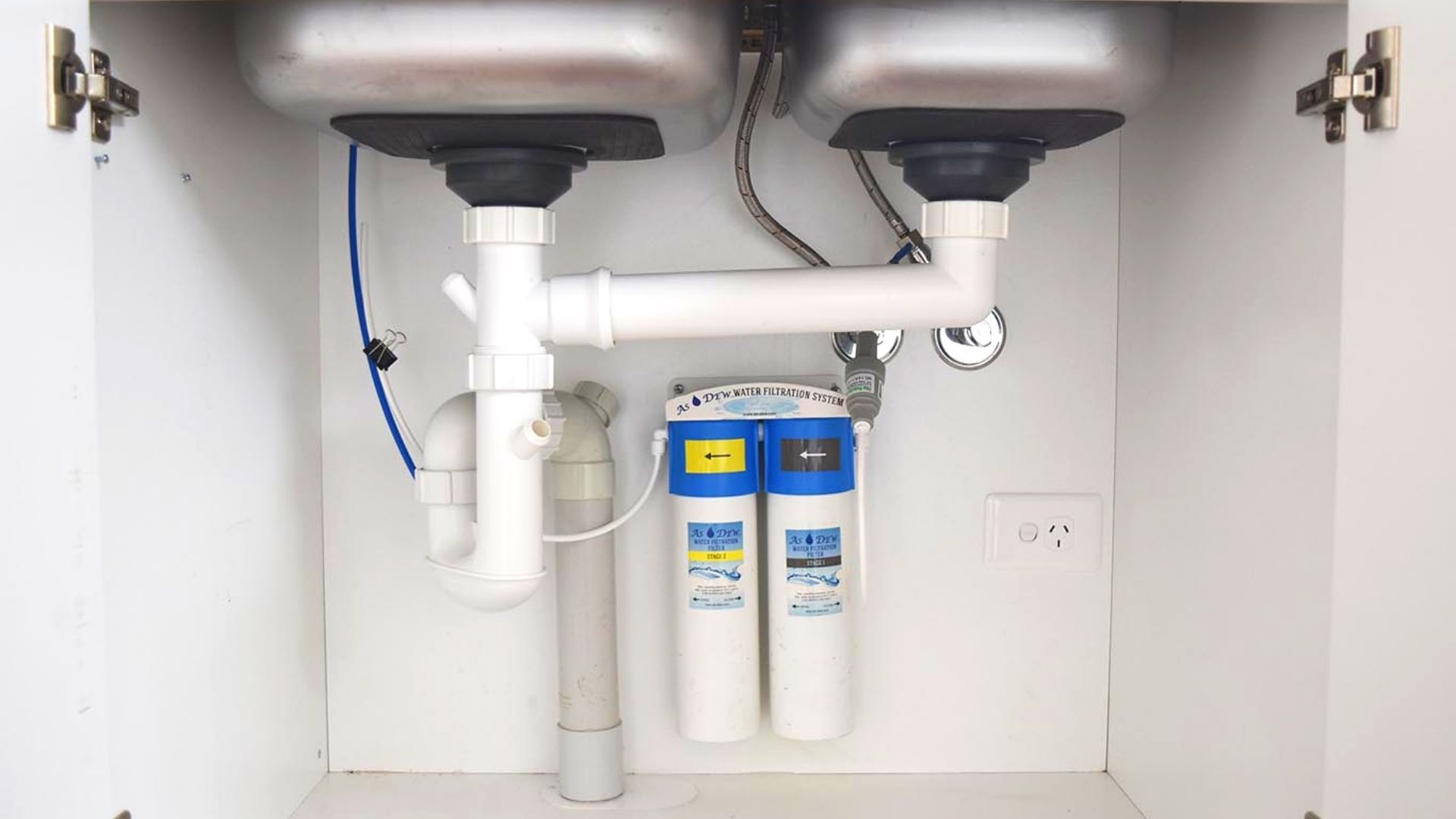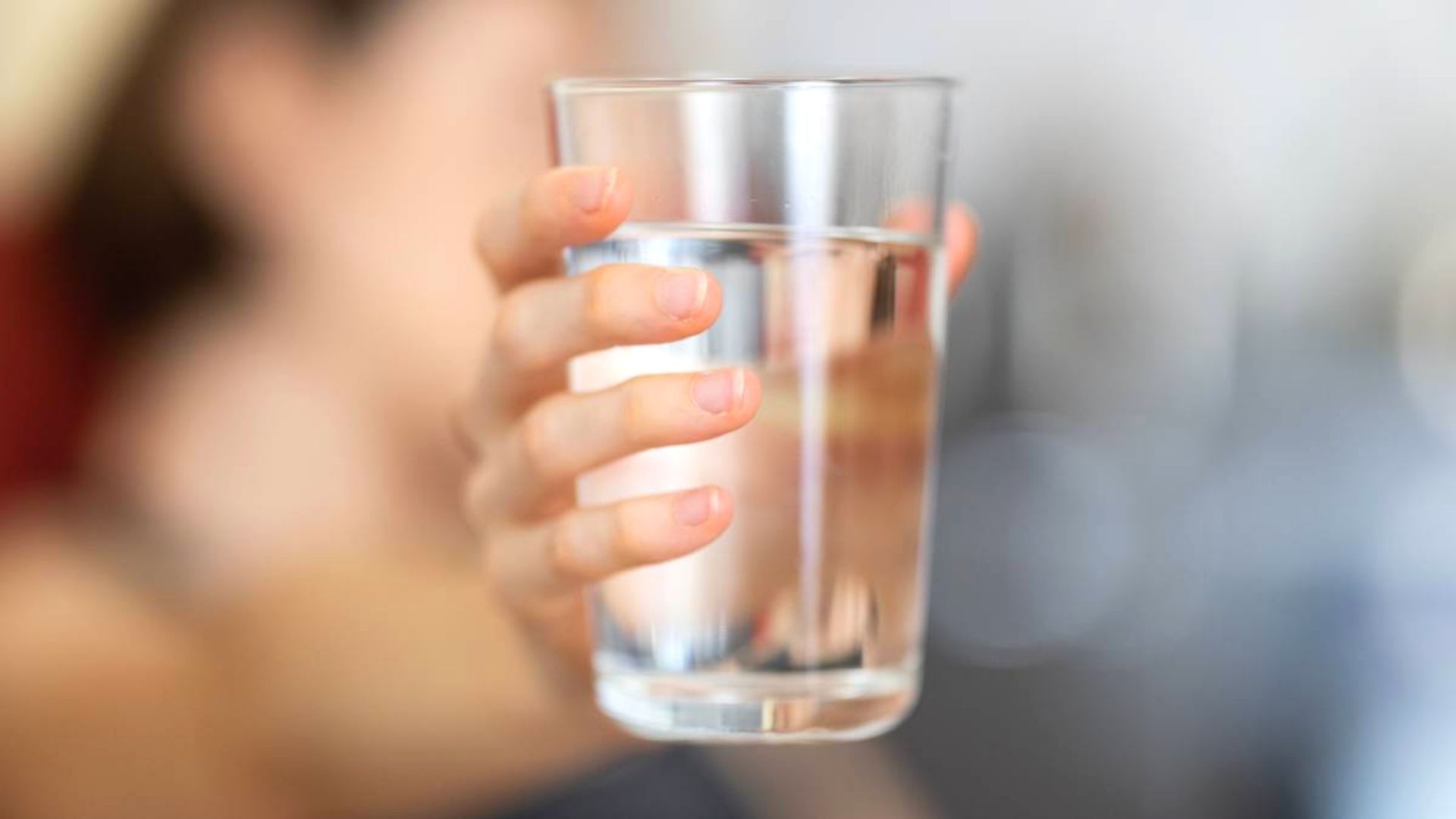When you return from a tiresome day, you head to the sink, fill a glass with water, and drink it. But is the drinking water clean?
It’s easy to assume that, being in a developed country, our tap water is pristine and adheres to the Australian Drinking Water Guidelines. Yet, the fact is, the water pouring from your faucet might not be as clean as you’d expect. It can sometimes carry sneaky chemicals, toxins, and germs.
This is where water purification and filter systems come into play. Filters are great for ridding water of everything from bacteria to chlorine. They help ensure your drinking water tastes fresh and smells clean, making them an essential addition for any home—far better than splashing out on bottled water.
We understand that water filters might not be everyone’s cup of tea, so we’re here with a handy guide to demystify everything you need to know. Let’s dive in!
What Are Water Filters?
Water filters eliminate impurities such as sediments, chemical compounds, biological contaminants, organic and inorganic materials, water hardness, foul taste, and odour. When all the impurities are removed from water through water filtration, their quality is improved, and it is considered safe for drinking and other purposes.

Why Is Water Filtration Important?
As you turn the tap, crystal clear water flows out of it, and it must appear to you that it is clean and pure. For those unversed, let us tell you that water impurities aren’t always visible to the naked eye. And that’s why it’s impossible to determine the water quality based on its appearance.
Not everyone has a strong immune system, particularly infants and older people. Drinking contaminated water can result in adverse health issues, such as stomach illnesses, respiratory troubles, kidney problems, etc.
Besides physical, chemical, and biological processes, another parameter to determine existing tap water quality is to check the levels of organic and inorganic chemicals.
Before tap water is released from the water filtration facility, it is filtered to eliminate impurities and contaminants and ensure the residents receive pure water. Authorities also check the water quality after filtration to ensure it meets the standards, and only then is it released into the municipal feed lines.
The real issue crops up when water flows through pipelines that have seen better days. As it meanders through these old, corroded channels, it gathers impurities, turning freshly filtered water into a contaminated mix by the time it reaches your tap.
Ways To Purify Your Water
If you’re keen to avoid the nasty effects of contaminated water, it’s probably time to look into getting a water filter. With that in mind, let’s explore some mechanical and common filtration methods to give you a decent understanding of the options out there.

1. Ion Exchange Filters and Deionisation (DI)
Deionisation eliminates ions or dissolved contaminants from water in a chemical filtration or chemical process. At the same time, ion exchange filters are excellent for impurity concentrations that aren’t too high.
Deionisation filters employ hydrogen and hydroxyl ion-charged beads swapped for anions and cations. When entering the filter, metallic ions are replaced by hydrogen, trapped in the beads. Consequently, the anions are exchanged for hydroxyl ions, later merged with hydrogen, and mineral-free water is obtained.
2. Activated Carbon and Granular Activated Carbon (GAC)
From volatile compounds (VOCs) to sediment, the activated carbon filtration method eliminates many impurities from water by relying on adsorption. An activated carbon filter is more appropriate to remove naturally occurring or disinfection tastes and odours from water.
Granular activated carbon filters (GAC) and powdered carbon block filters are two types of carbon filters used for decontaminating water. Nevertheless, they don’t eliminate dissolved inorganic compounds, minerals and salts from water.
3. Reverse Osmosis (RO)
Reverse Osmosis Systems (RO) employ several filters instead of one to purify water from impurities and contaminants. When it comes to eliminating higher concentrations of pollutants from water, no one does the job better than RO.
Thanks to its five filters, this filtration process is one of the most effective methods to eliminate viruses and bacteria from water.
4. Distillation
Even though it is the oldest, it’s one of the simplest ways to decontaminate water and filter water. It evaporates water collected in a separate container by heating water at exceptionally high temperatures. Later, the vapour is condensed into liquid form for drinking purposes.
However, it would help if you remembered that this method is virtually ineffective in eliminating chlorine and other volatile organic compounds (VOCs).
Frequently Asked Questions
1. How To Select A Water Filter For Households?
With so many water filter systems floating around on the market, picking the right one can feel overwhelming. You’ll want to think about how much purification you need, your water usage, total dissolved solids (TDS), and what it’s going to cost you in upkeep. Don’t forget to set a budget, too—it’s easy to overspend.
2. Do Water Filters Eliminate Pungent Taste And Odour From Water?
Water filters eliminate weird taste, odour and smell from water, so you can rest assured you won’t have to drink bad-tasting water again.
The Importance Of Water Filters In Your Home
On that note, we’ve reached the end of our informative guide on water filters.
To sum it up, these devices are one of the most practical solutions every homeowner must consider installing in their space. They eliminate harmful contaminants, heavy metals and other impurities. Filtered tap water also gives a better taste to unfiltered water.
Don’t forget to replace the filters and filter cartridges every three to six months to maintain your unit. You need not spend a fortune to buy a water filter as plenty of reasonably priced options are on the market, so take your pick wisely.
Talk to the team at Fixed Today if you want to replace or install a water filter in Sydney or discover more about water filtration technology and how the water treatment process can eliminate chemical contaminants from your drinking water. Our company provides same-day premium services and has years of experience handling various types and brands of water filters.
With that, we’ll conclude our guide for the day. Until next time!














